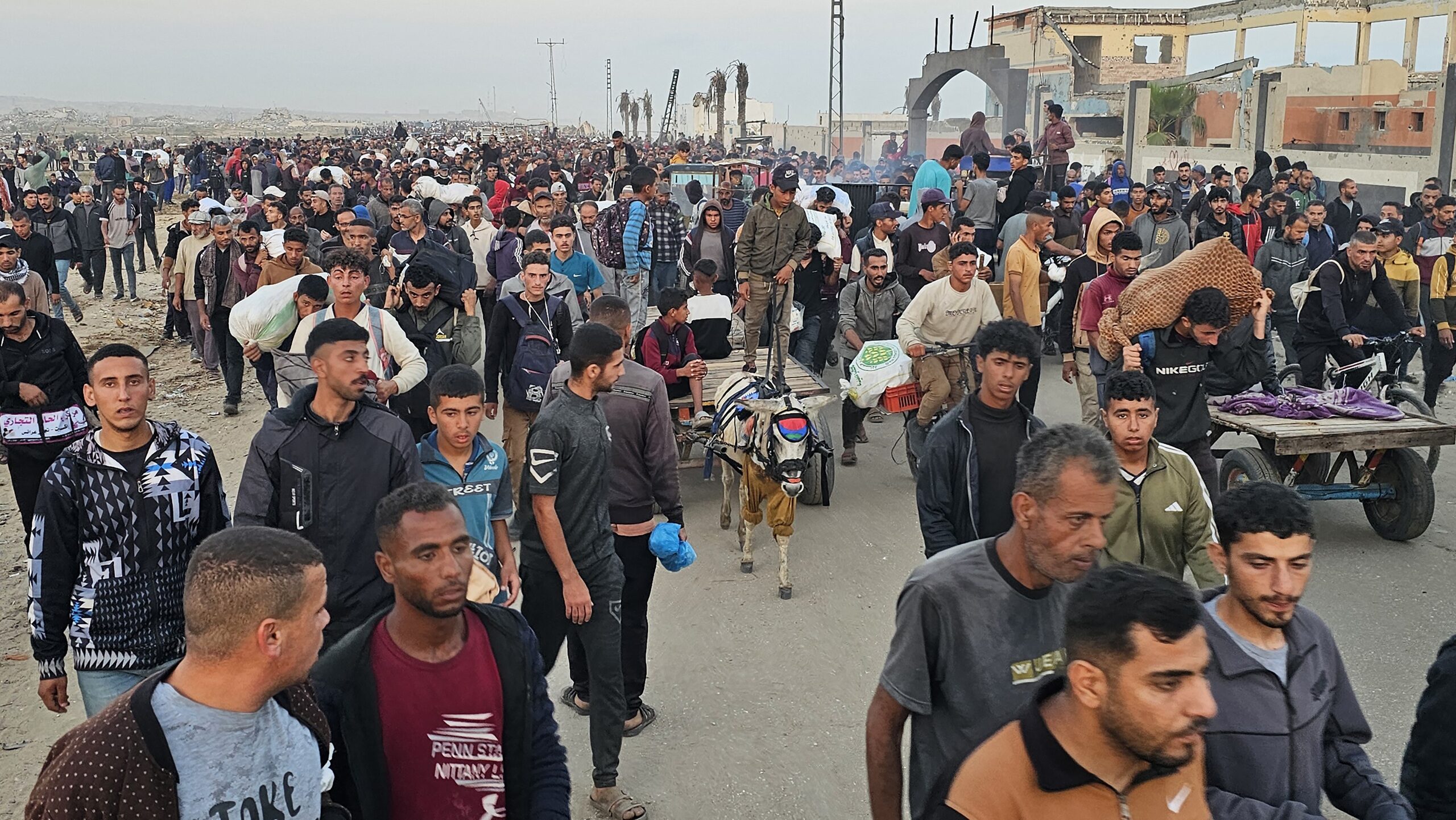Libya’s Grand Mufti Denounces Reports of Talks With President Trump on Resettling Gazans
Libya’s Grand Mufti, Sadiq Al-Ghariani, has sharply criticized reports that Libyan officials held talks with US representatives about the possibility of relocating civilians from Gaza to Libya.
In a televised address on Tanasuh TV, Al-Ghariani responded to Italian media accounts describing a September 3 meeting in Rome that included Saddam Haftar, son of eastern commander Field Marshal Khalifa Haftar, and Hamid Dbeibeh, National Security Adviser to the Prime Minister of the Government of National Unity.
Give the gift of hope
We practice what we preach:
accurate, fearless journalism. But we can't do it alone.
- On the ground in Gaza, Syria, Israel, Egypt, Pakistan, and more
- Our program trained more than 100 journalists
- Calling out fake news and reporting real facts
- On the ground in Gaza, Syria, Israel, Egypt, Pakistan, and more
- Our program trained more than 100 journalists
- Calling out fake news and reporting real facts
Join us.
Support The Media Line. Save democracy.


The reports stated that the meeting was attended by Massad Boulos, an adviser to US President Donald Trump, and focused on political, military, and energy matters. But according to the Mufti, the deeper purpose involved a US request for Libya to serve as a host for displaced Palestinians from Gaza.
“If these reports prove to be true, it would be a disgrace and shameful for the people of Libya to accept it,” Al-Ghariani said. He urged the Government of National Unity to issue a clear and public rejection of the idea.
On his weekly program, “Islam and Life,” the Mufti accused foreign actors of seeking to make Libya a site for political maneuvering at the expense of Palestinians. “This is a scheme by the Jews,” he said, calling on Libyans to support “God and the mujahideen” instead. He stressed that Libya’s responsibility lies in reinforcing the Palestinian struggle to remain on their land, not in facilitating displacement.
Al-Ghariani argued that Libya, already burdened by years of internal conflict and fragile institutions, cannot absorb such a role. He maintained that both national and religious obligations require solidarity with Palestinians, not their resettlement.

